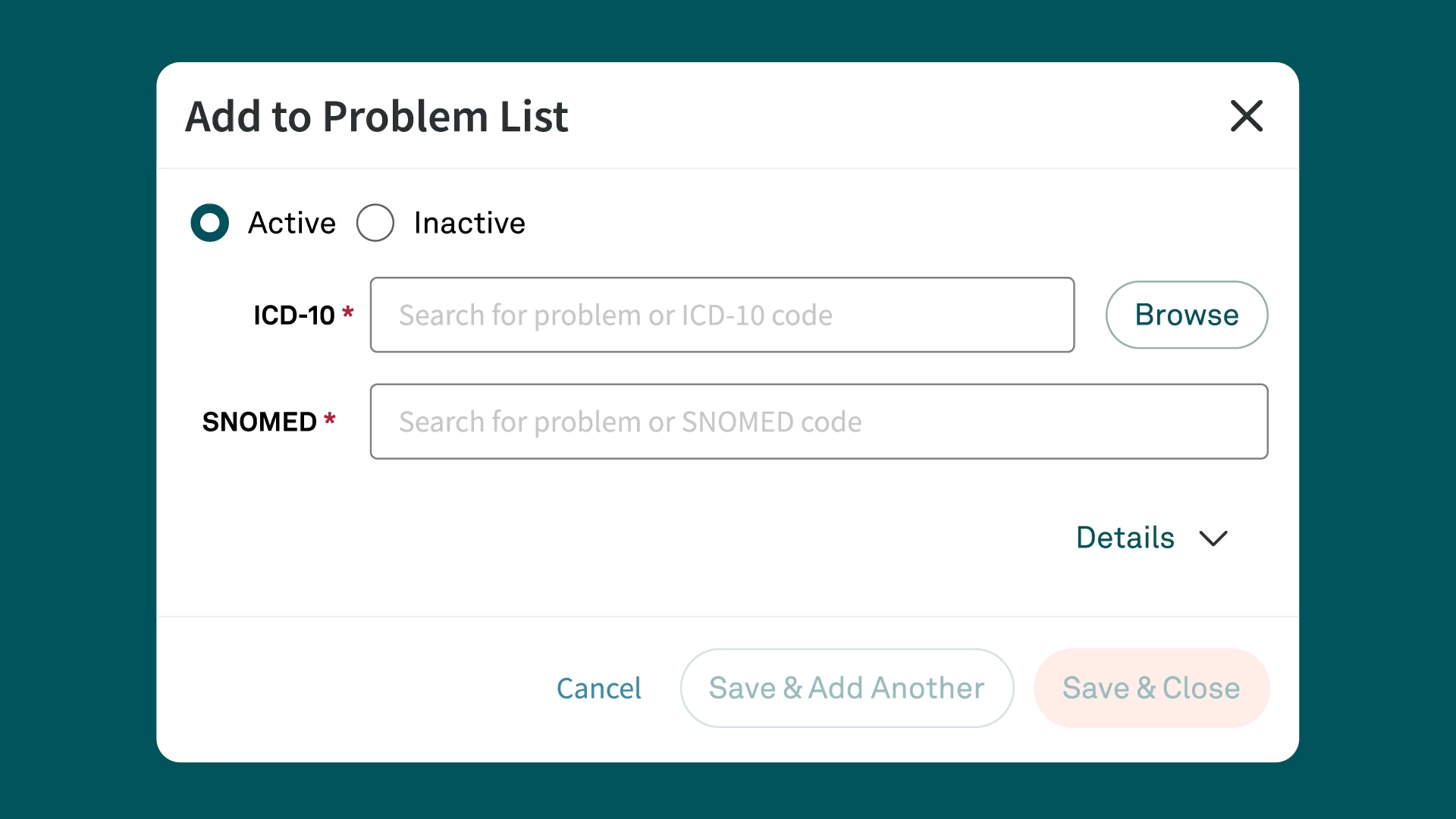ICD-10 Code C61
Malignant neoplasm of the prostate
What is the code C61?
The ICD-10-CM code C61 is designated for “malignant neoplasm of the prostate.” Healthcare professionals use this code to accurately document and classify prostate cancer cases in patient medical records. Proper use of C61 ensures that healthcare providers can effectively communicate the diagnosis for treatment planning, billing, and statistical purposes.
Detailed description of C61
C61 refers to a malignant tumor located in the prostate gland, which is part of the male reproductive system. Prostate cancer is one of the most common types of cancer in people with prostates. The prostate gland produces seminal fluid, which nourishes and transports sperm. Malignant neoplasms in the prostate can vary in aggression, ranging from slow-growing tumors to more aggressive forms that can spread to other parts of the body, such as the bones and lymph nodes.
Symptoms commonly associated with C61
Patients diagnosed with C61, or malignant neoplasm of the prostate, may exhibit a variety of symptoms. Common symptoms include:
- Difficulty urinating or a weak urine stream
- Frequent urination, especially at night
- Blood in the urine or semen
- Painful ejaculation
- Pelvic discomfort or pain
- Bone pain, particularly in the hips, back, or thighs, if the cancer has spread
It is important to note that early-stage prostate cancer may not present any symptoms, which is why regular screenings and check-ups are crucial.
Related and similar ICD-10 codes
Several ICD-10 codes are related or similar to C61. These codes help differentiate between various types of neoplasms and conditions affecting the prostate. Some of the related codes include:
- D07.5: Carcinoma in situ of prostate
- D40.0: Neoplasm of uncertain behavior of prostate
- N40.0: Benign prostatic hyperplasia without lower urinary tract symptoms
- N40.1: Benign prostatic hyperplasia with lower urinary tract symptoms
These codes assist in providing a more precise diagnosis and treatment plan for patients.
Appropriate usage of C61 for billing
For billing purposes, use C61 when documenting a diagnosis of malignant neoplasm of the prostate. Accurate coding helps ensure that healthcare providers receive appropriate reimbursement for their services. When submitting claims, it is important to include the C61 code in order to reflect the prostate cancer diagnosis accurately. Proper documentation should accompany the code, confirming the malignancy.
The following code is excluded from use with C61:
- C63.7, malignant neoplasm of seminal vesicle, should never be used with this code
The following codes may be used in conjunction with C61 if the diagnosis and/or treatment applied warrants them:
- Z19.1–Z19.2: Hormone sensitivity status
- R97.21: Rising prostate-specific antigen (PSA) following treatment for malignant neoplasm of prostate
Instructional notes and/or guidelines with C61
When using the C61 code, healthcare providers should adhere to specific instructional notes and guidelines:
- Ensure that the diagnosis of malignant neoplasm of the prostate is confirmed through appropriate diagnostic tests, such as a biopsy, imaging studies, or laboratory tests.
- Use additional codes to identify the specific location of metastasis if the cancer has spread beyond the prostate.
- Verify that all clinical documentation supports the use of the C61 code to avoid claim denials and ensure compliance with coding standards.
Common pitfalls in coding with C61
Several common pitfalls can occur when coding with C61, which can lead to claim denials or incorrect data recording:
- Failing to confirm the diagnosis with appropriate diagnostic tests before coding.
- Omitting additional codes that specify the stage or metastatic sites, leading to incomplete documentation.
- Misclassifying benign conditions or in situ neoplasms as malignant resulting in incorrect coding.
- Neglecting to update the patient's medical record with the latest diagnostic findings causing discrepancies in coding.
Avoiding these pitfalls ensures accurate coding and proper reimbursement for services rendered.
Key resources for C61 coding
Healthcare professionals can refer to various resources for accurate C61 coding:
- ICD-10-CM Official Guidelines for Coding and Reporting: These guidelines provide comprehensive instructions for using ICD-10 codes, including C61.
- Centers for Medicare & Medicaid Services (CMS): CMS offers a wealth of resources and updates on coding practices, including webinars, manuals, and bulletins.
- Professional coding organizations: Organizations like the American Health Information Management Association (AHIMA) and the American Academy of Professional Coders (AAPC) offer educational resources, certifications, and support for medical coders.
- Coding reference books and software: Reference materials such as the ICD-10-CM codebook can support medical coders and providers.
These resources offer valuable information and updates on coding practices, ensuring that healthcare providers stay informed and compliant.
Conclusion
Use ICD-10-CM code C61 to document malignant neoplasm of the prostate. Accurate coding and documentation help ensure effective patient care, proper billing, and statistical analysis. Understanding the detailed description, associated symptoms, related codes, and instructional guidelines can help healthcare providers use the C61 code correctly. Awareness of common pitfalls and leveraging key resources further support accurate and efficient coding practices.
Simplify ICD-10 code documentation with Tebra
Tebra’s EHR+ gives you quick searches and Systematized Nomenclature of Medicine (SNOMED) field names for efficient code documentation. Plus, Tebra automatically saves ICD-10 to SNOMED mapping for future searches, streamlining your workflow.

Discover how Tebra helps providers effortlessly document health-related issues and conditions in this detailed post.
Subscribe to The Intake:
A weekly check-up for your independent practice



